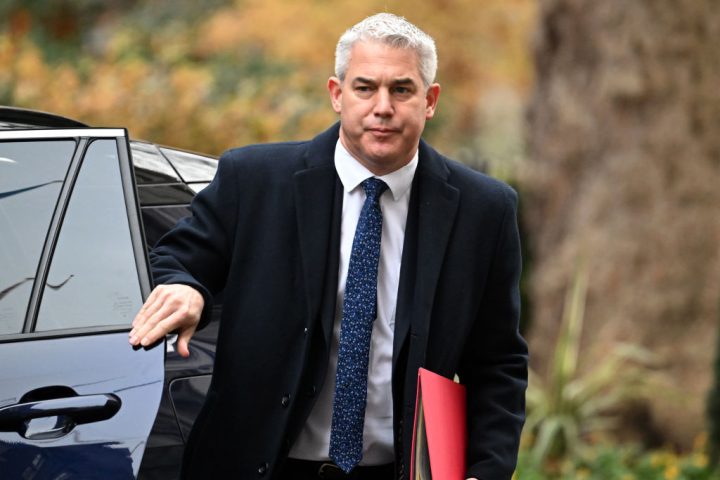Both the Westminster and Scottish governments are trying to show they have a grip on the crises in their respective National Health Services today. Neither currently find themselves politically in a strong place on the winter crisis.
English Health Secretary Steve Barclay is giving a statement to the House of Commons when it returns this afternoon in which he will reheat two existing policies. He will confirm details of a £200 million plan for speeding up the discharge of patients from hospitals and into care settings. This was something the government did fund during the early months of the Covid pandemic, but which the Treasury quickly shut down, despite abundant evidence that the money made a lot of difference and freed up beds. Some of those ‘care settings’ are hotels, which underlines that capacity within the care sector is one of the many problems bleeding into the NHS.
Even raising changes to the basic NHS model is a heresy in British politics
Barclay is also announcing six ‘discharge frontrunners’, which will be local care systems keen to explore new and radical ways of getting medically fit patients out of hospitals. The NHS invited integrated care systems to express interest in becoming these frontrunner sites back in June 2022, so it’s not a brand new idea by any means, but it is a convenient way of suggesting the government is getting a grip on a very long-standing problem. There are currently around 13,000 people stuck in English hospitals, so the bottleneck moving from the NHS to social care is having a significant impact on the pressures in emergency care.
Meanwhile Nicola Sturgeon and her Health Secretary Humza Yousaf are giving a press conference this morning. Yousaf has already conceded what Westminster Tories won’t: that there is a ‘crisis’ in the health service. He too is facing accusations that he ignored warnings from health leaders about this winter when there was still time to do something about it.
Both the SNP and Conservatives are also grappling with a wider political debate about the future of the NHS. More and more airtime is being devoted to whether the model needs to change. The most popular suggestion at the moment is that wealthier patients could pay more for their care – something the SNP felt intensely embarrassed by when it was mooted in a confidential discussion by NHS Scotland leaders. Normally, those kinds of ideas are what the SNP accuse the Tories of having, not the other way around. The Scottish government quickly distanced itself from the paper, because even raising changes to the basic NHS model is a heresy in British politics.
The main problem with charges for the middle class, by the way, is a political one: if the NHS continues to work poorly, then the most influential group in society will be doubly dissatisfied with the service they are getting. The enthusiasm of the middle classes in the 1940s for a national health service was key to the NHS coming about: back then, they were able to access good healthcare but only via expensive insurance contributions which they resented. British society has obviously changed quite a bit since then, and the universality principle may not be quite so important. But it tends to be the reason politicians pull back from increased charging beyond prescriptions.
The political risks in fundamentally changing the model are probably still too high for any party to seriously contemplate them. But what this is an opportunity to do is to start talking seriously about rebalancing the NHS so that acute care isn’t the focus, and primary and preventive services are better funded and more prominent.
That is not an easy policy to pursue properly, as it would ultimately lead to closing hospitals, which is never popular, even when the hospitals in question are very bad. Then there are questions about workforce and, yes, proper long-term reform and funding of social care (I wrote more about the decades-long on this front in the Observer over the weekend). All of these issues suggest that the model might not be the problem, or at least not the first problem, that politicians and healthcare leaders really need to fix.







Comments